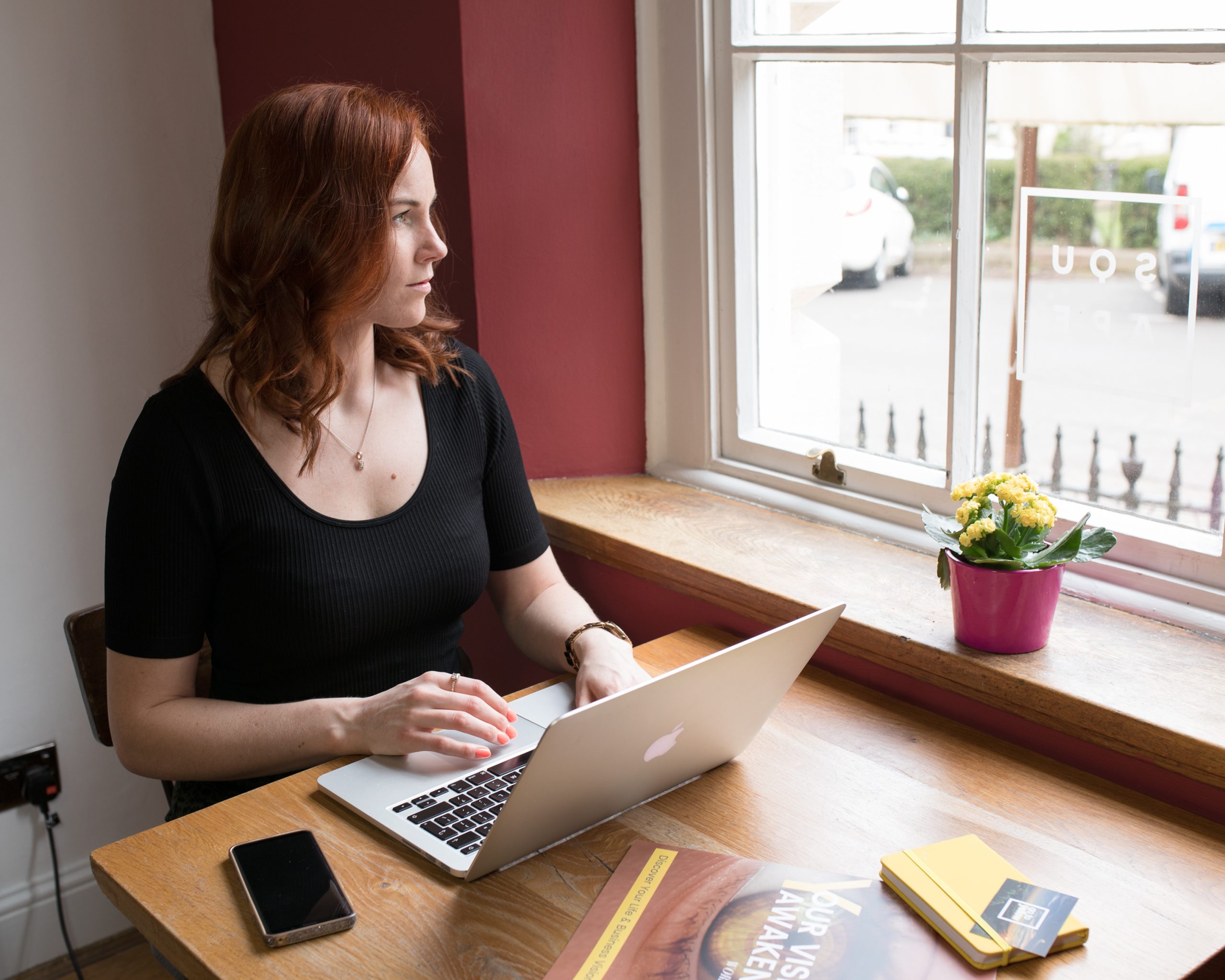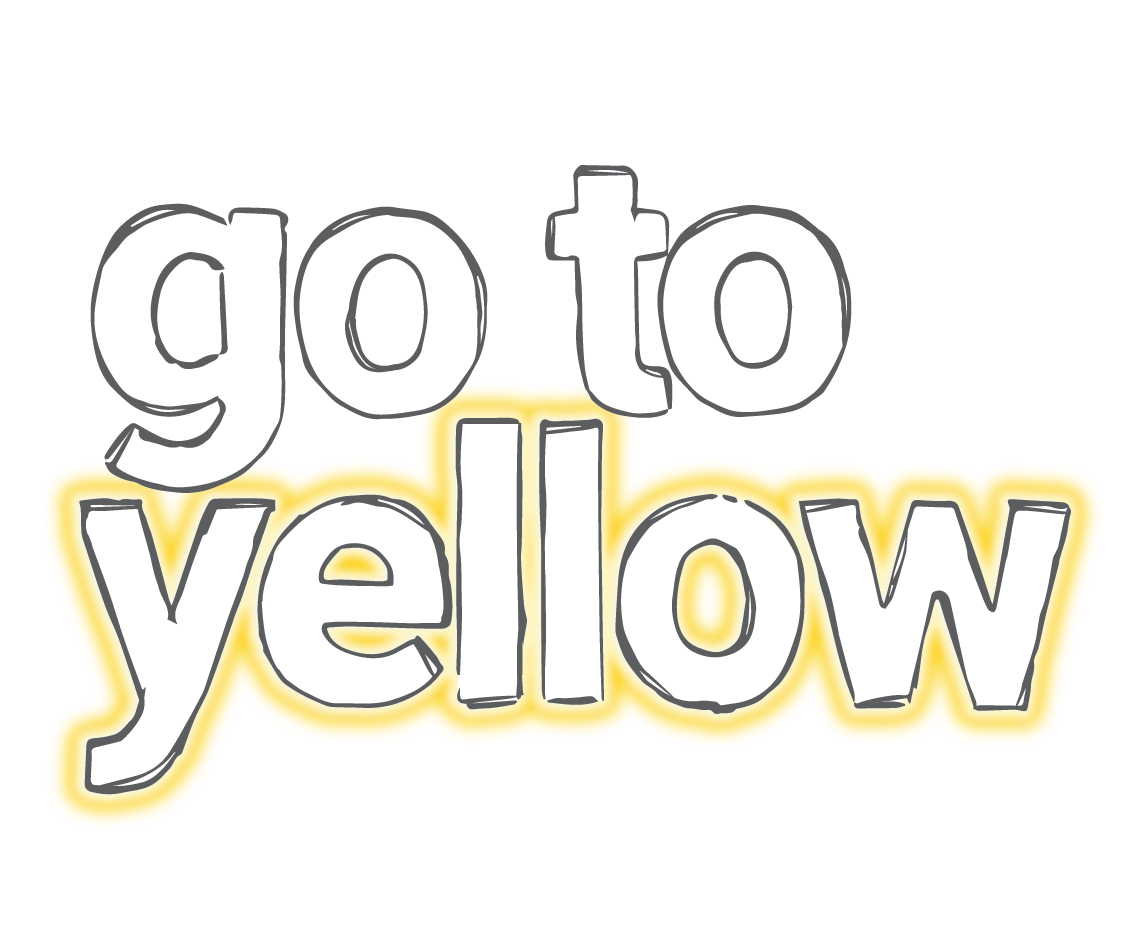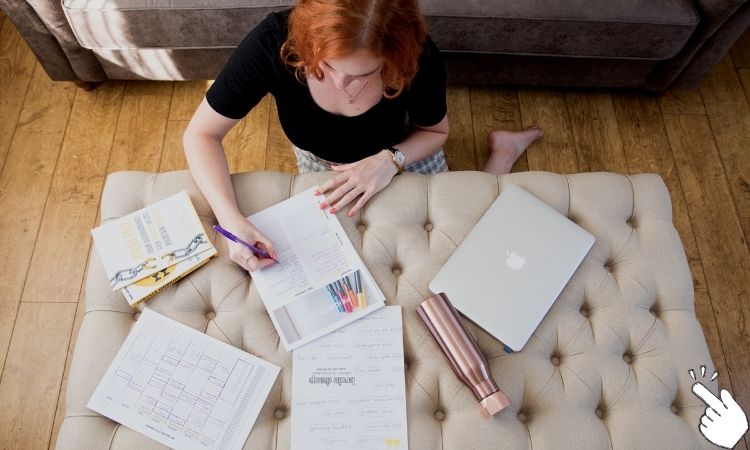
Redefining Success | Resorting Life Balance
Transform Your Life with Journaling: The Power of Putting Pen to Paper
-
By Tammy Whalen Blake
- March 30, 2023
- 5:22 pm
Have you ever felt like your life is going by too quickly? Or you’ve felt like you’re not progressing towards your goals. Perhaps you’re feeling overwhelmed with your thoughts and emotions and don’t know how to manage them. Journaling is the solution you need.
Journaling is a simple and effective tool that can help you transform your life. You gain clarity and insight into your life by putting your thoughts and feelings down on paper. It helps you to identify patterns, understand your emotions, and track your progress towards your goals. Journaling has been proven to have countless benefits on mental health, including reducing stress, anxiety, and depression.
But journaling isn’t just about writing down your thoughts and feelings. It’s about reflecting on your experiences and learning from them. It’s about setting intentions for your future and taking actionable steps towards achieving them. Whether you want to improve your mental health, gain clarity in your life, or become more self-aware, journaling can help you get there.
Benefits of Journaling
Journaling is a powerful tool that can help you transform your life. It has numerous benefits can improve your mental health, enhance your creativity, and increase your self-awareness. Here are some of the benefits of journaling:
Improved Mental Health
Journaling can help reduce stress and anxiety by providing a safe space to express your thoughts and feelings. It can also help you identify negative thought patterns and replace them with more positive ones. Writing down your worries and concerns can help you process them and solve problems. Studies have shown that journaling can improve sleep, boost mood, and reduce symptoms of depression.
Enhanced Creativity
Journaling can help you tap into your creativity by providing a space to brainstorm, explore ideas, and experiment with new writing styles. It can help create space in your mind by decluttering any worries. Writing prompts can help you generate new ideas and break out of creative blocks. Journaling can also help you develop your writing skills and find your voice.
Better Self-Awareness
Journaling can help you better understand yourself by providing a space to reflect on your thoughts, feelings, and experiences. Writing about your goals, values, and beliefs can help you clarify your priorities and make decisions that align with your values. Journaling can also help you track your progress and celebrate your accomplishments.
For example, if you’re feeling overwhelmed, write down all the things that are causing you stress. Seeing them on paper can help you prioritise and devise a plan to tackle them individually. It’s like cleaning out a closet. Just as you might sort through your clothes and decide what to keep and donate, journaling can help you sort through your thoughts and decide what to keep and let go of.
Types of Journaling
Journaling is a powerful tool that can help you transform your life. There are many different types of journaling, each with its remarkable benefits. Let’s explore some of the most popular types of journaling.
Gratitude Journaling
Gratitude journaling involves writing down things that you are grateful for each day. This type of journaling can help you focus on the positive aspects of your life and cultivate a more positive outlook. Studies have shown that practising gratitude can lead to increased happiness and wellbeing.
For example, you might write things like “I am grateful for my legs so I can explore the world” or “I am grateful for my supportive friend, Hannah. She offers a shoulder to cry on when I am now.” By focusing on what you are specifically thankful for, you can shift your attention away from negative thoughts and feelings.
Gratitude journaling is like planting seeds of positivity in your mind. By regularly acknowledging the good things in your life, you can cultivate a more positive mindset that will help you navigate challenges more effectively.
Bullet Journaling
Bullet journaling is a type of journaling that involves using symbols and short-form notes to keep track of tasks, goals, and other important information. This type of journaling can help you stay organised and focused, especially if you have a busy schedule.
For example, you might use symbols like a dot to indicate a task that needs to be completed or an arrow to indicate that a task has been moved to a different day. By using symbols and short-form notes, you can quickly and easily keep track of important information. Ideal for those visual learners.
Think of bullet journaling as creating a personal roadmap for your life. By setting goals and tracking your progress, you can stay on track and make progress towards the things that are most important to you.
Reflective Journaling
Reflective journaling is next level and can transform your life in ways never thought possible. It involves writing down your thoughts and feelings about your experiences. This type of journaling can help you gain insight into your thoughts and behaviours and can be especially helpful if you are trying to make positive changes in your life. Even more helpful to reflect on them over time as you may have forgotten essential experiences when they’ve shown up again later in life. All the stored information will help you gather deeper insights into your patterns.
For example, you might write about a challenging situation and reflect on what you learned. By reflecting on your experiences, you can gain a deeper understanding of yourself and your motivations. You can cross reference against similar experiences in your reflective journal.
It is like having a conversation with yourself on a deeper level. By writing down your thoughts and feelings, you can explore your inner world and gain a deeper understanding of yourself.
How to Start Journaling
Choose a Journal
The first step to journaling is choosing a journal that suits your needs. Many types of journals are available, from blank pages to guided journals. The choice is yours. Consider what you want to achieve with your journaling and choose a journal that aligns with your goals. You may prefer a smaller journal that you can carry with you or a larger one that allows for more writing space.
Set Aside Time
Setting aside time to journal is vital for making it a habit. Choose a time of day that works best for you, whether in the morning, during your lunch break, or before bed. Start with a few minutes each day and gradually increase the time as you become more comfortable with journaling. The most challenging time for journaling is the beginning – start small, and build it up.
Choose Your Location and Set The Scene
At Go To Yellow, we recommend having a Thinking Chair. A space that is not in your workspace or bedroom. You want all thoughts to flow and not workplace thoughts. Somewhere spacious and quiet to restrict distractions. Turn your phone on silent to be truly focused, and set a timer if you are not journaling for long enough – this will push you to go deeper into your thoughts before rushing to the next daily task. Some like coffee shops with just a book and pen. The choice is yours.
Find Your Writing Style
There is no right or wrong way to journal. Experiment with different writing styles to find what works best for you. Some people prefer to write stream-of-consciousness, while others prefer to use prompts or guided exercises. Find a style that helps you express your thoughts and emotions.
For example, if you’re feeling stressed, write about what’s causing your stress and how it’s affecting you. Use your journal as a safe space to explore your feelings and work through any challenges you may be facing.
Journaling is like having a conversation with yourself. It allows you to reflect on your thoughts and feelings, gain insight into your behaviour, and track your progress over time.
I have sporadic thoughts that make little sense the first time. After spending plenty of time with my journal, I like to return to the same experience after a few days to allow new thoughts to flow. Over time it starts to make sense.
Journaling Prompts
Journaling is a powerful tool for personal growth and transformation. By putting your thoughts and feelings down on paper, you can gain clarity, insight, and understanding about yourself and your life. But sometimes, it can be hard to know where to start. That’s where journaling prompts come in. Here are some prompts to help you get started on your journaling journey:
Self-Discovery Prompts
Self-discovery prompts can help you explore your core values, beliefs, and identity. By reflecting on these topics, you can better understand yourself and what matters most to you. Here are some self-discovery prompts to try:
- What matters most to me?
- What are my strengths and weaknesses?
- What are my biggest fears and concerns?
- What are my proudest accomplishments?
- What do I want to be remembered for?
Goal-Setting Prompts
Goal-setting prompts help you clarify your goals and create a plan for achieving them. You can create a more fulfilling and purposeful life by setting goals and taking action. Here are some goal-setting prompts to try:
- What are my short-term and long-term goals?
- What steps can I take to achieve my goals?
- What obstacles might I experience, and how can I overcome them?
- What resources do I need to achieve my goals?
- How will I measure success?
Mindfulness Prompts
Mindfulness prompts can help you cultivate awareness and presence in the present moment. Mindfulness can reduce stress, improve focus, and enhance your overall wellbeing. Here are some mindfulness prompts to try:
- What am I grateful for today?
- What sensations do I notice in my body right now?
- What thoughts are passing through my mind?
- What emotions am I feeling?
- What can I do to bring more mindfulness into my daily life?
Tips for Maintaining a Journaling Habit
Make it a Routine
One of the most effective ways to maintain a journaling habit is by making it a part of your daily routine. Set aside a specific time each day to sit down and write in your journal. This could be first thing in the morning, during your lunch break, or before bed. By making it a routine, you’ll be more likely to stick with it and make it a habit. It takes an average of 66 days to make a habit stick. Keep at it! Change doesn’t happen overnight.
Write Freely
When writing in your journal, don’t worry about grammar, spelling, or punctuation. No judgement. Just write freely and let your thoughts flow onto the page. Don’t worry about making it perfect or even making sense. The purpose is to get your thoughts and feelings out of your head and onto the page.
For example, start by writing about how your day went, what you’re grateful for, or what’s been on your mind lately. The more you write, the easier it will become to express yourself and write your thoughts down.
Don’t Judge Your Writing
It’s important to remember that your journal is for your eyes only. Don’t worry about what others think of your writing or whether it’s good enough. The intent is to use journaling as a tool for self-reflection and personal growth.
Think of your journal as a safe space to be completely honest and open with yourself. Just like how a caterpillar goes through a transformation in its cocoon, your journal is your cocoon where you can transform your thoughts and emotions into something beautiful.
"You don’t have to be great to start, but you have to start to be great.”
Need further help with personal development coaching? Get in touch.
Book a no-obligation 30-minute call with Tammy Whalen Blake to discuss the best program for your personal development needs.

Tammy Whalen Blake
Founder of go to yellow
Personal Development Coach
Hear what others have to say...
client success stories










